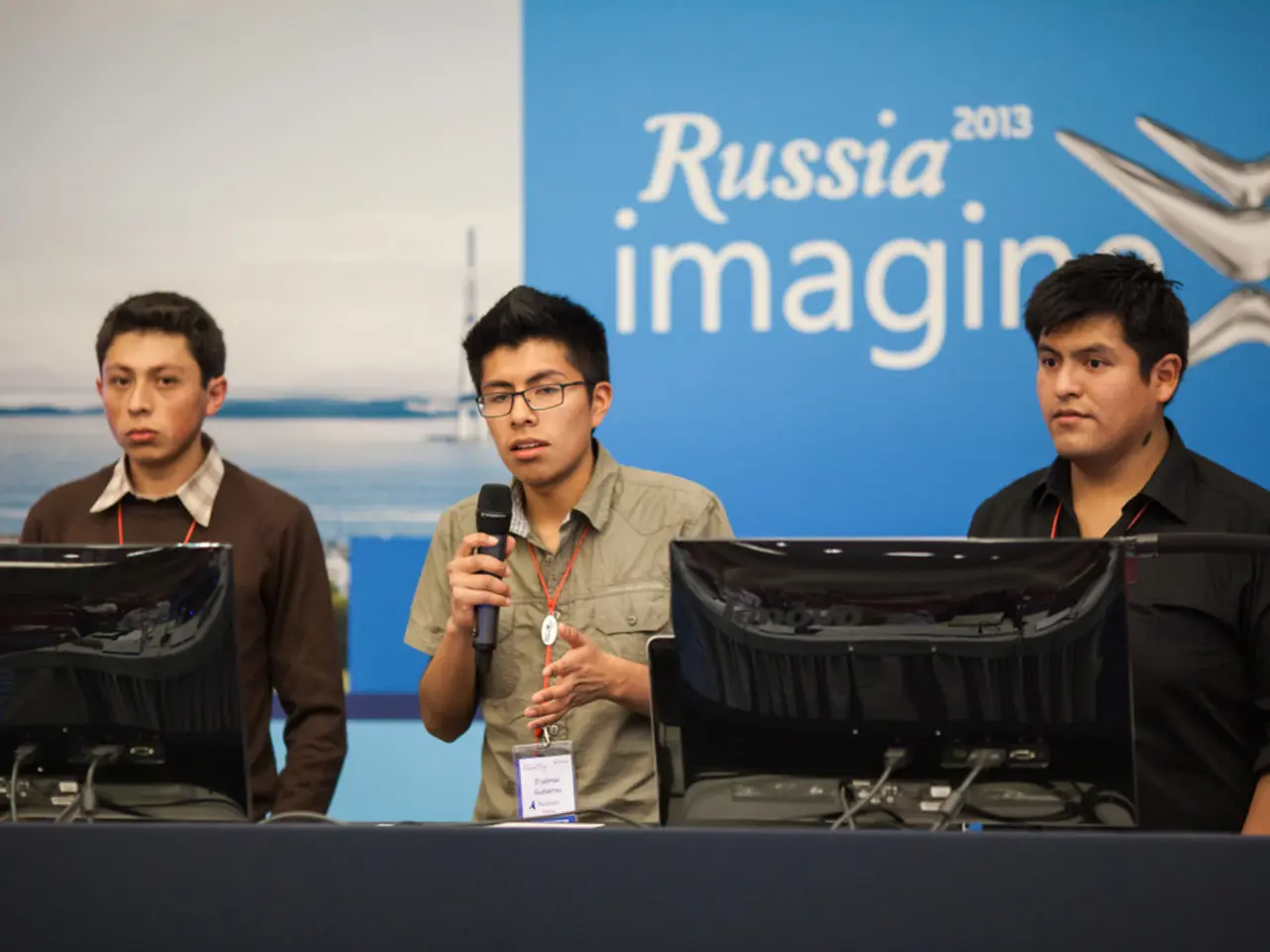NSC Moves to New Central Command Center
Germany is set to establish a National Security Council (NSC), a centralised body designed to improve security coordination and strategic planning across various government departments and international partners. The NSC will be chaired by Chancellor Friedrich Merz and will include key government ministers, heads of security agencies, and representatives from federal states, the EU, and NATO [1][2][3][5].
The NSC is set to be based within the Federal Chancellery, with a dedicated staff unit led by Jacob Schrot, to ensure ongoing threat analysis and strategy development [1][3][5]. This new body aims to overcome "silo thinking" by pooling expertise from diverse sectors, including digital security and economy, and for the first time includes representatives from Germany’s federal states and international partners [1][3][5].
Distinct from existing bodies like the Federal Security Council and Security Cabinet, the NSC will have a broader scope and inclusivity, integrating a wider range of ministries and experts beyond defence and foreign affairs, extending into economic, digital, and internal security fields [1][3][4]. It will also have a permanent institutional presence within the Chancellor’s Office, unlike previous bodies that often met primarily during crises without continuous support [1][3][4].
The NSC is expected to take over the tasks of the Federal Security Council and the Security Cabinet, providing strategic foresight and planning to identify threat scenarios and develop response options [4]. It is intended to become the "hub" where security is thought of in a networked and integrated way, overcoming the traditional departmental silos [4].
The NSC will meet in crisis situations such as the Iranian attack on Iranian nuclear facilities in mid-June, the start of the Russian attack on Ukraine in February 2022, the chaotic evacuation from Afghanistan in August 2021, and potential cyberattacks on German authorities [4].
In contrast to the US National Security Council, which has a national security advisor, Germany will not have a similar role [4]. Instead, experts from think tanks, foundations, and academia will support the NSC in its strategic work [3]. The so-called departmental principle should not be circumvented by the National Security Council [3].
The meeting of the Federal Cabinet, at which the rules of procedure for the NSC will be decided, is scheduled to take place on August 27 at the Ministry of Defense in Berlin [2]. In addition to the NSC, there are plans for a National Crisis Staff of the federal government and a National Situation Center in the Federal Chancellery [1][3][5].
Sources: [1] https://www.tagesschau.de/inland/bundesregierung-sicherheitssprechertag-101.html [2] https://www.bundesregierung.de/breg-de/aktuelles/bundeskabinett-tag-am-27-august-2022-1822408 [3] https://www.heise.de/newsticker/meldung/Germany-plans-to-establish-a-national-security-council-4257757.html [4] https://www.welt.de/politik/deutschland/article258709127/Das-Bundeskabinetts-Sicherheitsrat-ist-ein-neues-Organ-der-Bundesregierung.html [5] https://www.spiegel.de/politik/deutschland/bundesregierung-will-sicherheitsrat-einrichten-a-701f64a9-5b82-405e-b0b4-8785e4348140
The National Security Council (NSC), set to be established in Germany, will integrate a wider range of ministries and experts beyond defense and foreign affairs, extending into economic, digital, and internal security fields, as a means to overcome "silo thinking" and pool expertise from various sectors. Distinct from existing bodies, the NSC will have a broader scope, including representatives from Germany’s federal states and international partners, aiming to serve as a "hub" for comprehensive and integrated security management.








